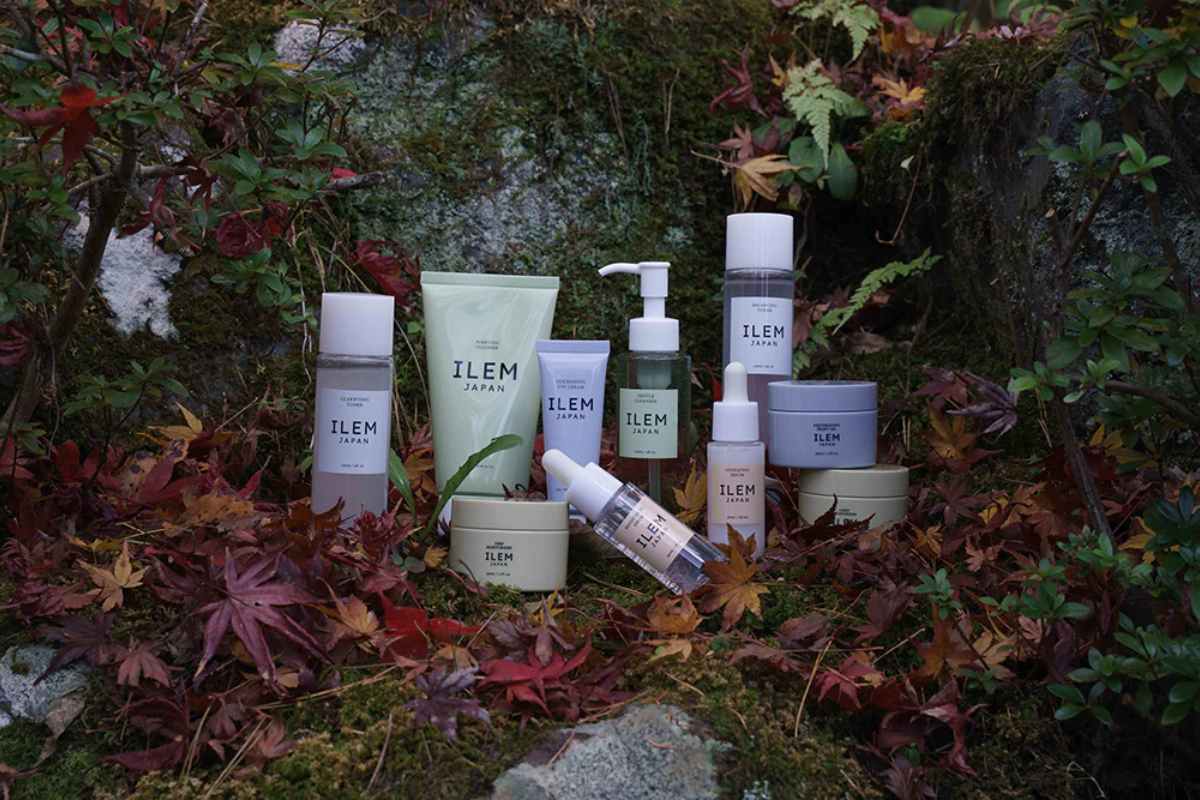There has been a recent surge in global interest in Japanese skincare products, partly due to the focus on high-quality ingredients that enhance the natural beauty and radiance of Japanese women, who have long been admired and envied by women worldwide.
Many of these ingredients, now catching the attention of American skincare enthusiasts, have been integral to Japanese beauty practices for over three millennia, tracing back to the grooming traditions of geishas.
The article explores trending Japanese skincare ingredients for 2024, explaining their effectiveness rooted in their natural simplicity. By blending traditional techniques with modern advancements, these five essential Japanese skincare ingredients promise to enhance skin texture and appearance, offering ideal rejuvenation for the upcoming year.
Table of Contents
Rice
Rice is versatile enough to be used in a wide range of Japanese skincare applications in various forms, including rice water, rice bran ferment, and sake. Japanese beauty rituals have long recognized that rice contains ferulic acid and allantoin, renowned for their capacity to illuminate and balance skin tone, alongside squalene, which lubricates and fortifies the skin barrier.
This multifaceted ingredient is prominently featured in various Japanese skincare products, spanning moisturizers, serums, and cleansers. Fermented rice extract not only imparts natural softness and clarity to the skin but also fosters the synthesis of hyaluronic acid within skin cells, thereby aiding in the attenuation of aging indicators throughout the cleansing process.
Sake
Speaking of rice, Sake is yet another trending Japanese skincare ingredient. Although commonly recognized as a traditional beverage in Japan, there is also a centuries-old tradition wherein its efficacy for fostering youthful and vibrant skin has been revered since as early as the third century.
Renowned for their perpetually youthful hands, sake brewers inadvertently inspired local geishas who observed their frequent immersion in the milky white essence of sake vats. This observation has been substantiated by modern scientific inquiries, affirming the inherent benefits of sake for skin health.
Rich in fermented kojic acid, sake is a potent inhibitor of melanin production, thereby orchestrating a remarkable transformation in skin luminosity while diminishing dullness and discoloration. Complemented by an array of amino acids and enzymes that facilitate exfoliation and hydration, sake is a pivotal component in numerous Japanese skincare products.
Green Tea
Green tea, extracted from the tender buds and leaves of the Camellia sinensis plant, is frequently used in Japanese skincare products under the name Camellia Oil. Historically, geishas extensively utilized Camellia oil to safeguard and revitalize their hair and complexion, a tradition perpetuated through its continued integration into numerous Japanese skincare products.
Prominently featured in green tea are polyphenolic compounds termed “catechins,” renowned for their potent anti-inflammatory and antioxidant attributes. These properties serve to treat skin irritation and mitigate redness while at the same time shielding it against free radicals and environmental pollutants that threaten skin health.
Augmenting its skincare benefits are fatty acids and vitamins inherent in green tea, which effectively nurture and moisturize the skin. Furthermore, the presence of caffeine and tannins aids in the reduction of puffiness by constricting blood vessels. Various Japanese facial masks incorporate these elements to alleviate redness, soothe irritation, and infuse the skin with deep hydration from its core.
Yuzu
Derived from plant sources such as the traditional yuzu fruit, vegetable ceramides, also recognized as phytoceramides, offer a natural alternative for skincare enhancement. Ceramides extracted from the yuzu fruit resemble the ceramides naturally produced by the body, functioning harmoniously to fortify the skin barrier and uphold optimal hydration levels.
Beyond its skincare benefits, yuzu exudes a captivating citrus fragrance, characteristic of its fresh and invigorating aroma. Rich in vitamin C, akin to other citrus fruits, yuzu imparts an additional dimension of skin nourishment.
Innovative formulations such as Spaoxy gel masks adeptly combine yuzu with fellow citrus members to harness the potency of a stabilized, active form of vitamin C known as APPS. Renowned for its superior absorption capabilities and heightened bioavailability, APPS yields remarkable results in anti-aging, brightening, and anti-acne endeavors, elevating the efficacy of skincare regimens.
Cherry Blossom
With their exquisite pink hues, cherry blossoms epitomize Japan’s essence, weaving an enchanting tapestry that captivates the senses. Those fortunate enough to witness the spectacle of cherry blossom season firsthand can attest to its unparalleled beauty and charm. Beyond their aesthetic allure, cherry blossoms offer many benefits, particularly in skincare applications.
Extracts derived from cherry blossoms possess remarkable properties beyond mere visual appeal. Within skincare formulations, cherry blossom extract is a soothing agent, imbuing the skin with tranquility and balance. Moreover, the extract contributes to fortifying and preserving the skin’s protective barrier, courtesy of its rich content of essential fatty acids and antioxidants.
The Power of Simple Ingredients
Japanese culture has a profound belief in nature’s inherent bounty, offering physical rejuvenation and spiritual solace. This ideology deeply influences the formulation of the best Japanese skincare products, with an unwavering emphasis on using premium, natural ingredients. Such ingredients are regarded as indispensable for fostering skincare that is not only effective but also nurturing.
Embark on a journey to discover your ideal skincare ingredient amidst our extensive array of traditional Japanese skincare offerings, where simplicity meets potency and where the essence of nature converges with the pursuit of holistic wellness.

